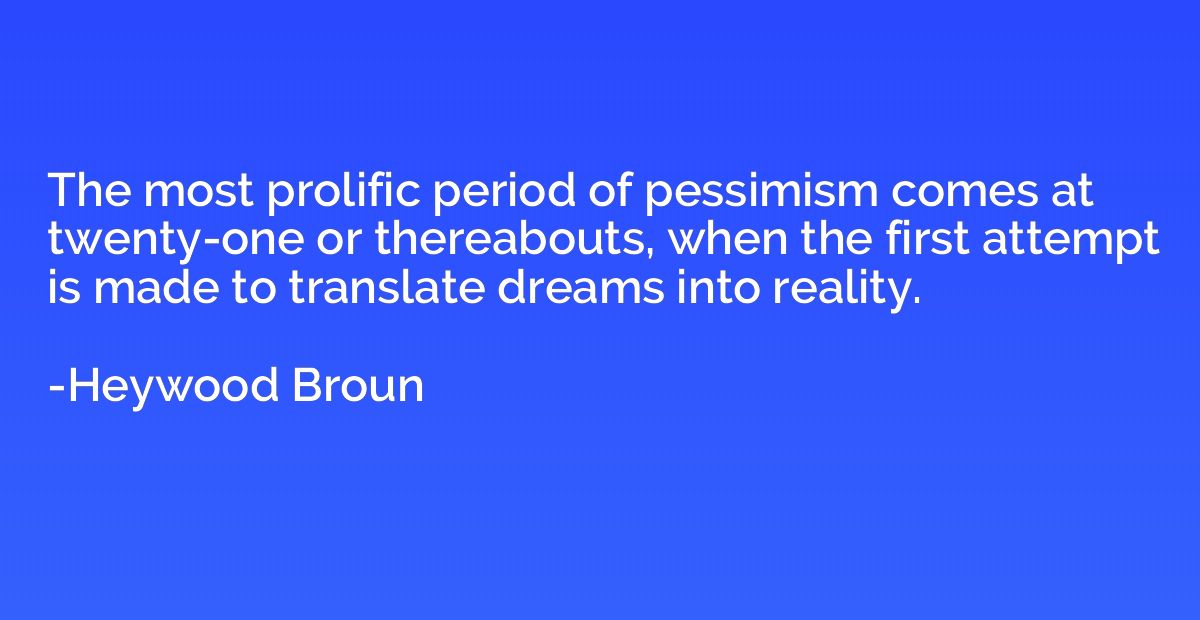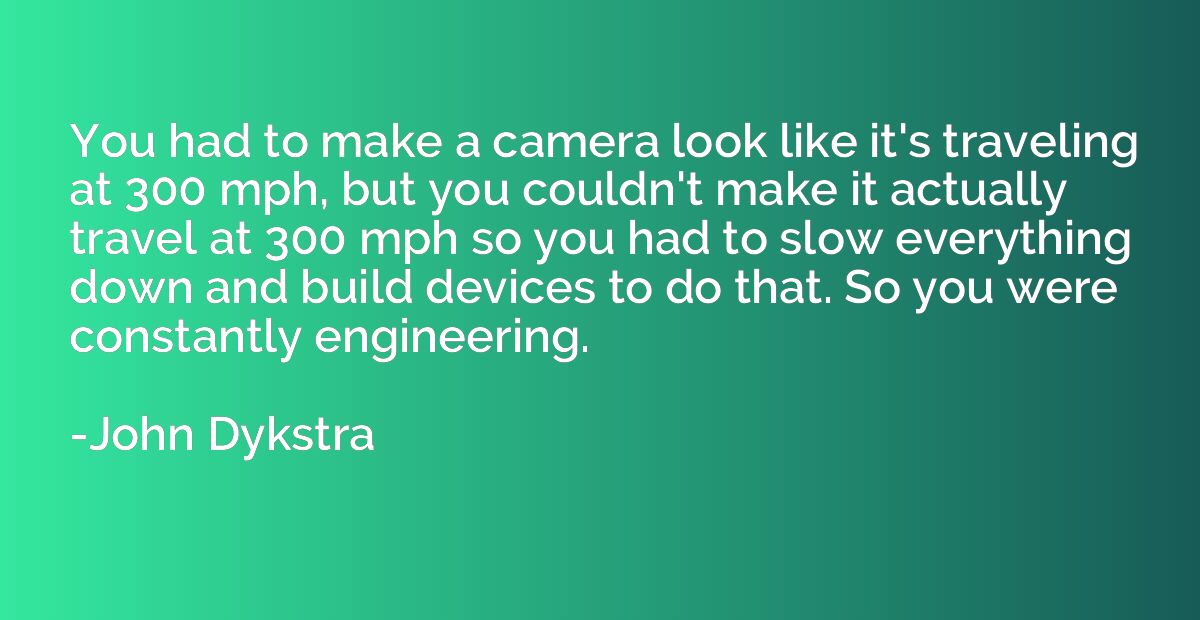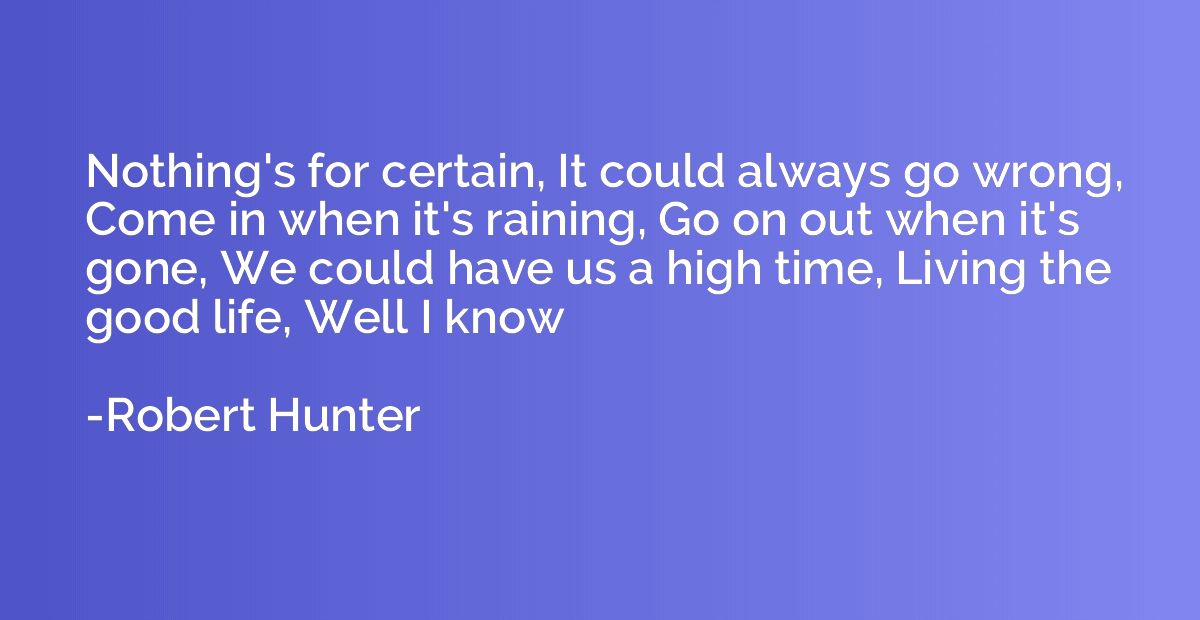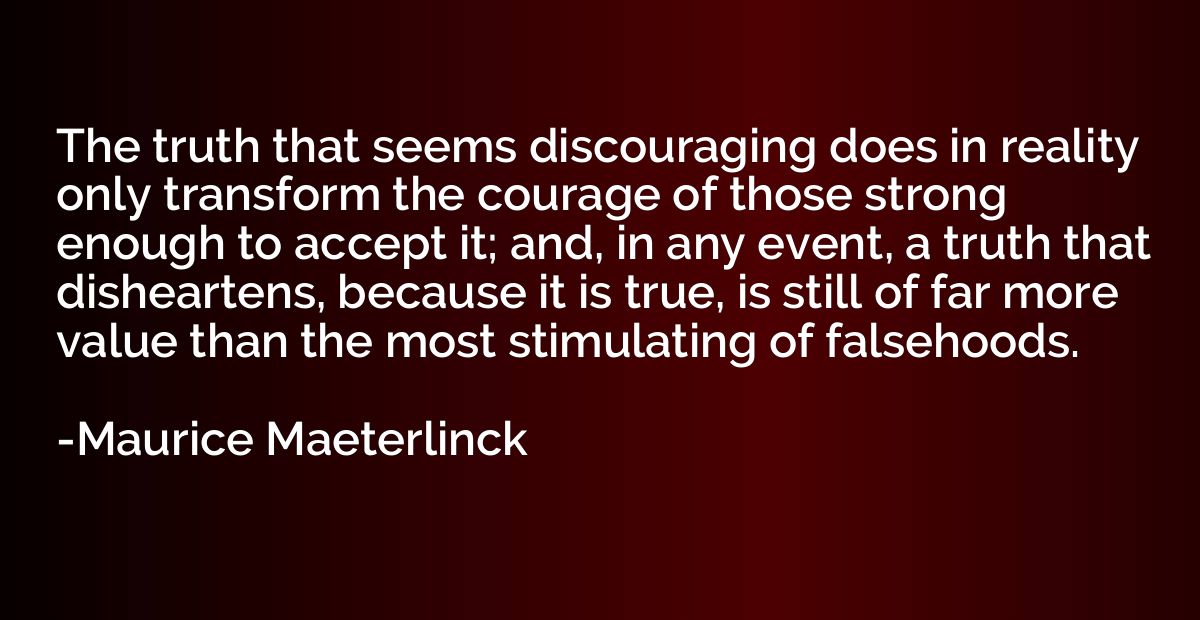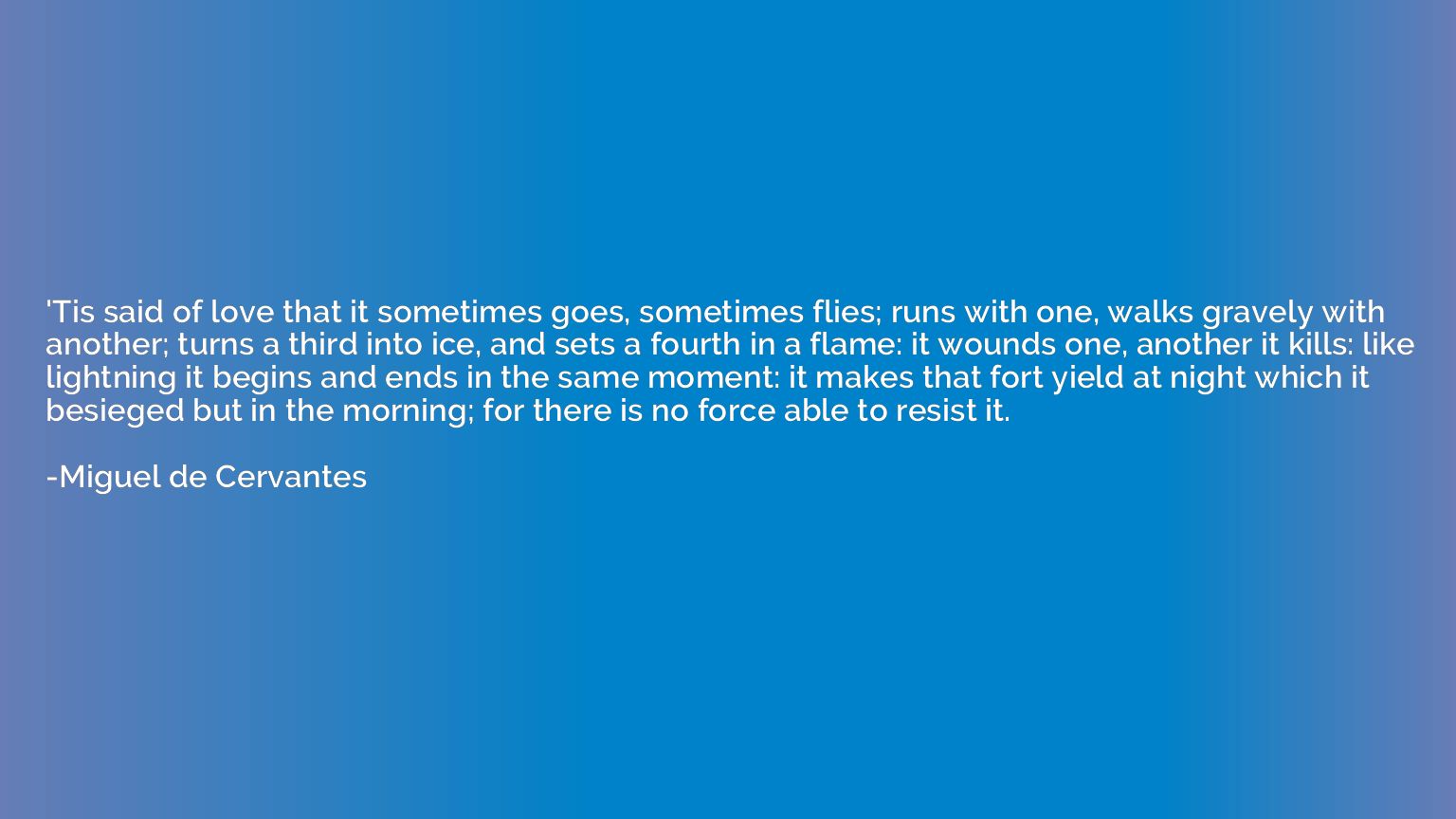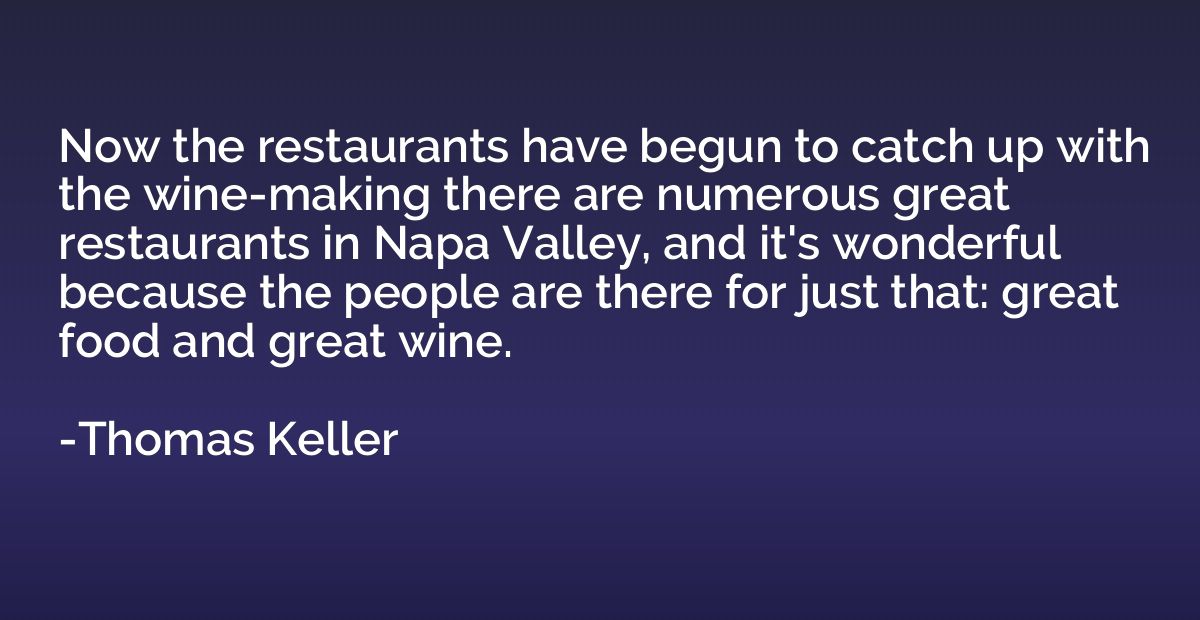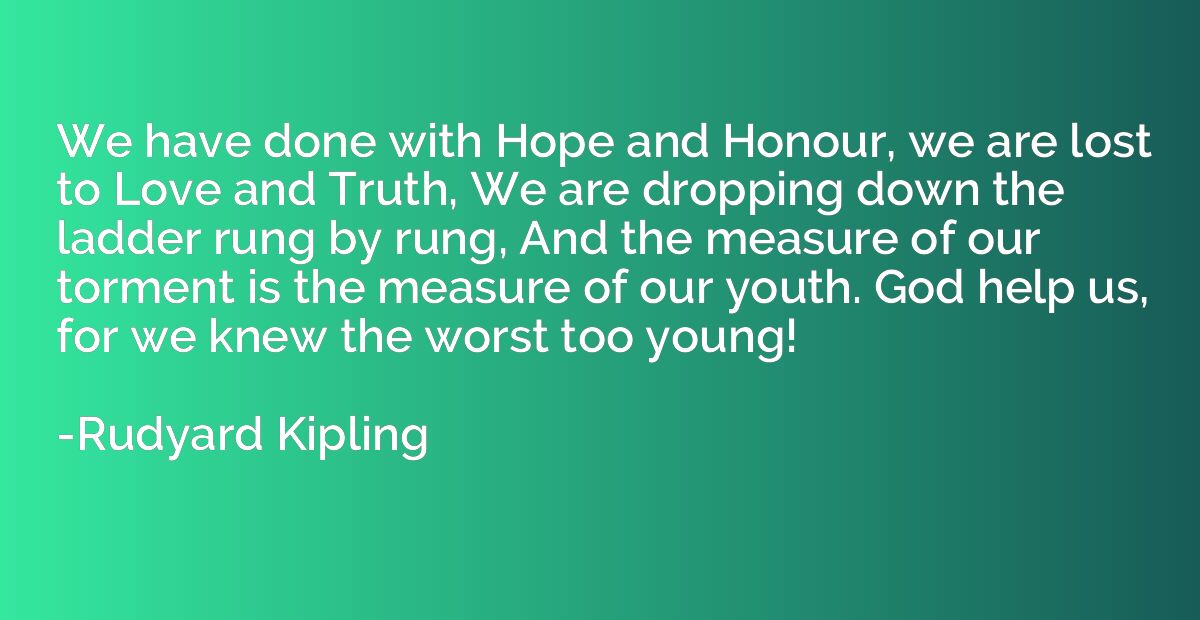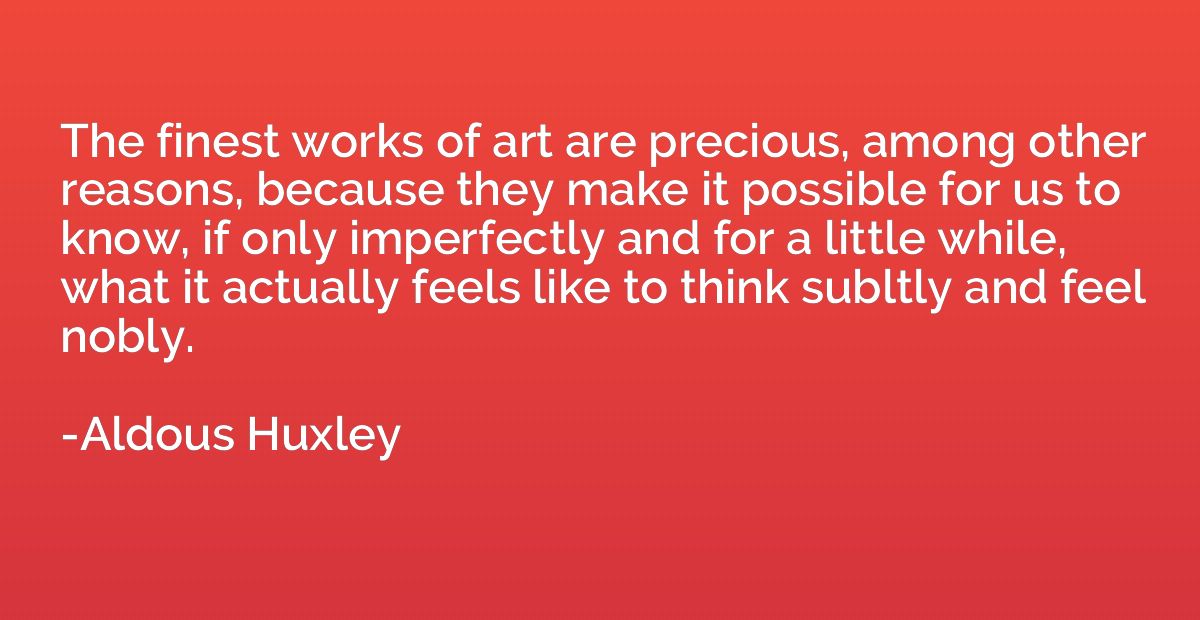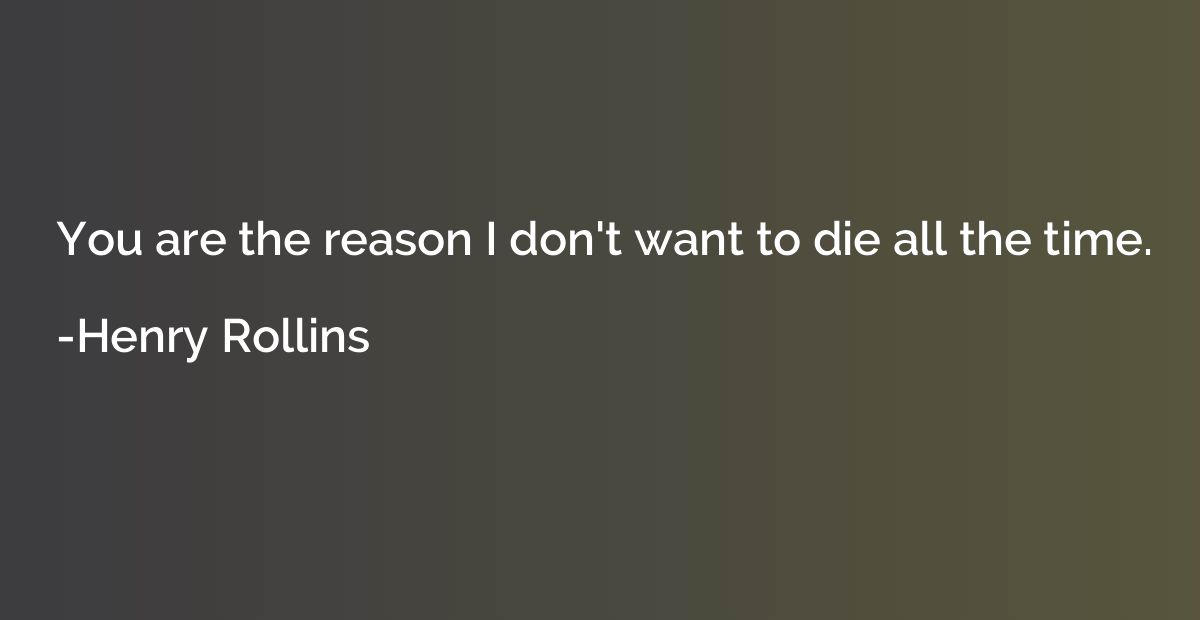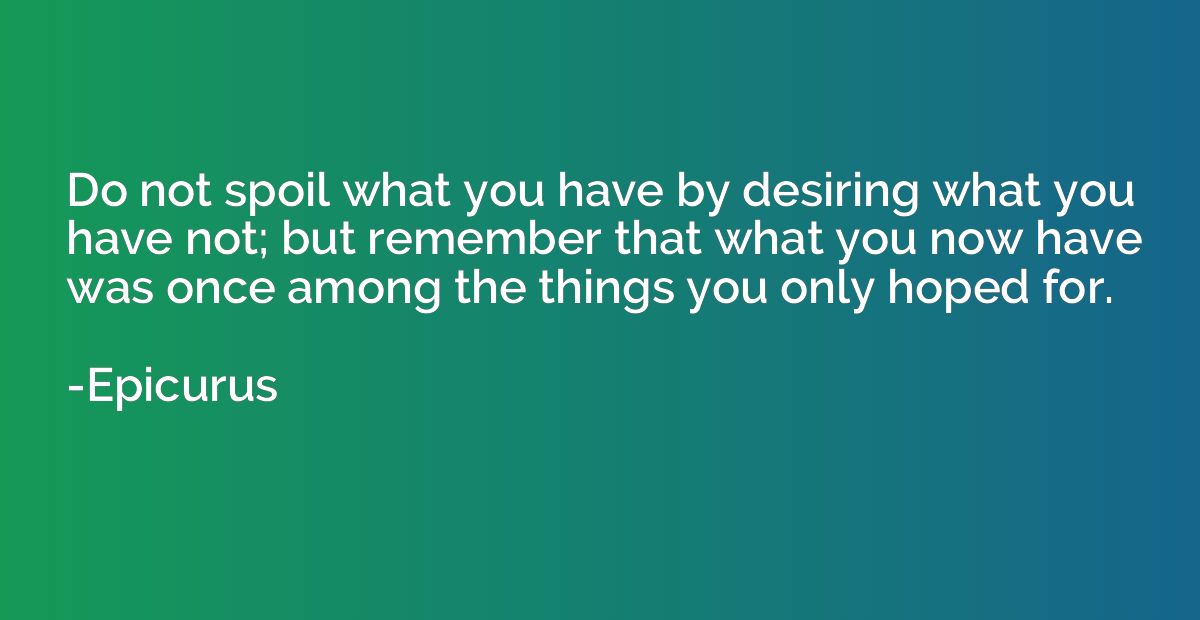Quote by G.K. Chesterton
The pessimists believe that the cosmos is a clock that is running down; the progressives believe it is a clock that they themselves are winding up. But I happen to believe that the world is what we choose to make it, and that we are what we choose to make ourselves; and that our renascence or our ruin will alike, ultimately and equally, testify with a trumpet to our liberty.- The Illustrated London News, July 10, 1920 Issue.
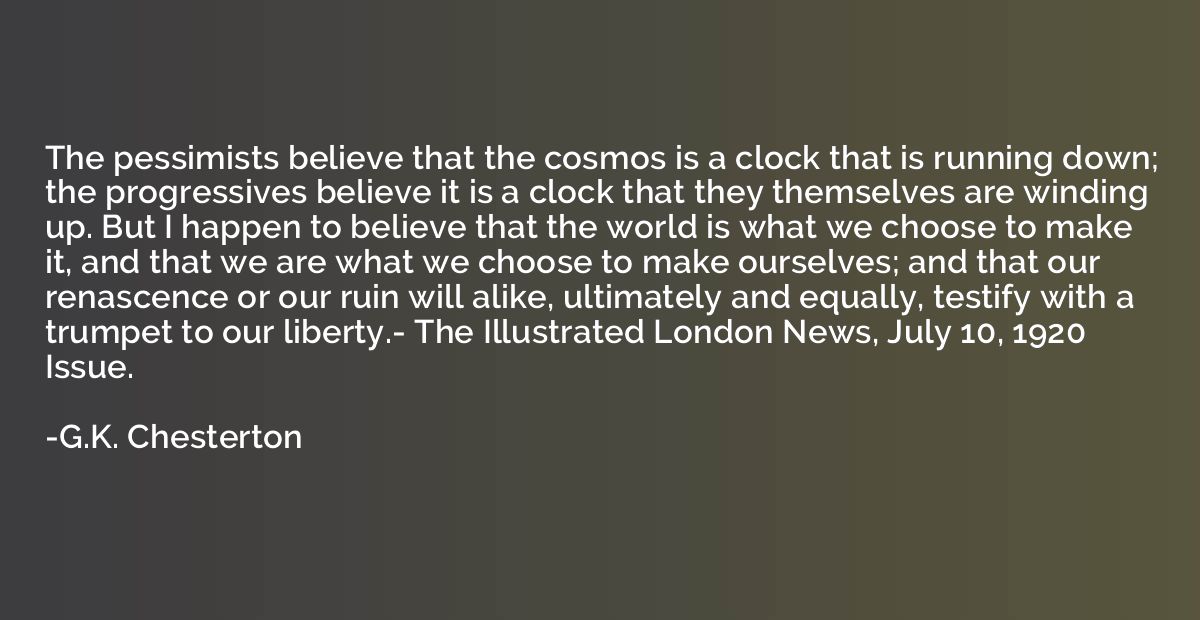
Summary
This quote challenges two common perspectives: the pessimistic view that the world is inevitably winding down, and the progressive view that humans have the power to control and improve the world. The author of the quote holds a different belief; that the world is a reflection of our choices and actions. They argue that individuals have the agency to shape the world and themselves, and consequently, our ultimate fate - be it revival or downfall - will be a testament to our freedom and autonomy.



